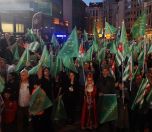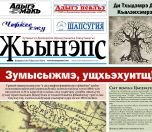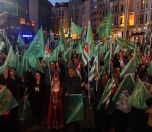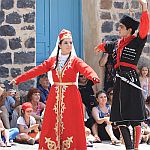"We are back, Russia"
Click to read the article in Turkish
Peoples' Democratic Congress (HDK) Peoples and Beliefs Commission has made a statement regarding the genocide of Circassians, who were exiled by the Tsarist Russia in 1864 and mostly lost their lives because of hunger and thirst. In the statement made for the 155th year of the Genocide, those who lost their lives are commemorated as follows:
"It has been 155 years since the genocide of Circassians who have fought against the Tsarism in Russia through three centuries of the freedom fight and since the exile of the 90 percent of the Northwest Caucasus population.
"During the exile, one-third of the population died because of the hunger and the illness on the Black Sea's Caucasus and Ottoman costs and during the sea voyages. As a result of the Ottoman Empire's resettlement policy, they were distributed to all parts of the Anatolia. Those who were exiled to the Balkans were resettled mostly in the Middle East with a second exile after the 1877-78 Ottoman - Tsarist Russia War.
'Genocide is a crime against humanity'
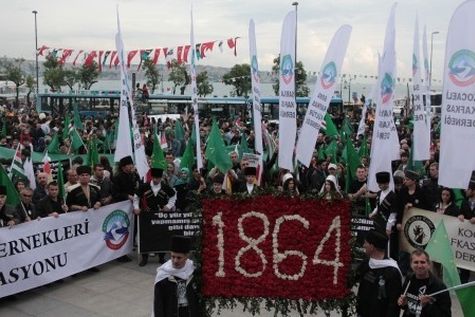
"Circassians, in their search for the justice regarding the tragedy in the 19th century, maintain their struggle for the necessary steps to be taken according to decisions made by the Unrepresented Nations and Peoples Organization (UNPO) in the United Nations as a result of the application of World Circassian Association.
'Our struggle will last'

"Our struggle will continue for the recognition of the Circassian Genocide, the status of exiled nation to Circassians, the right to dual citizenship for Circassians by both the Russian Federation due to their ancient territory Caucasus and the current country of citizenship, and ensuring the return of Circassian people to their historical homeland.
"Genocide is a crime against humanity and there is no timeout. We did not forget, will not forget, and will not make it forgotten."
What happened in the Circassian Genocide?The then Tsarist Russia in 1864 organized a set of attacks to conquer the Caucasus and encountered with a resistance from both Circassians and Chechens. Later on, Tsarist Russia forcefully exiled the people in the region. Through the population policy of the Tsarist Russia, around 1.5 million Circassian were gathered in the port cities such Tuapse, Sochi and Sukhumi, and exiled to the Ottoman territories such as Varna, Samsun, Sinop and Trabzon. However, according to the unofficial numbers, around 400-500 thousand Circassians died because of the difficult circumstances on the road, epidemic diseases and hunger. Circassians who were exiled mostly to the Anatolian and Rumelia territories migrated to the regions such as Syria and Jordan. |
(EMK/TY)





